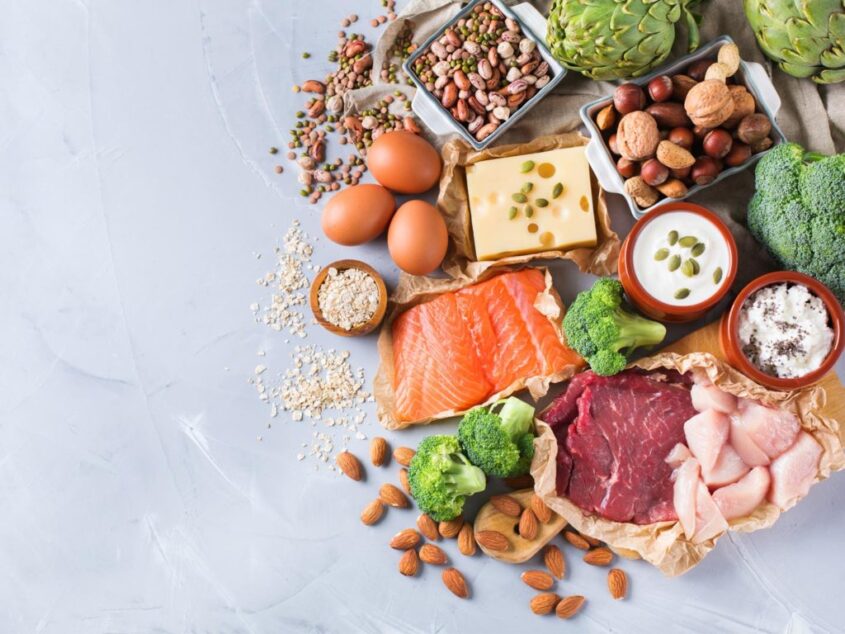
Vitamin B12 is a water-soluble vitamin that is a part of every cell in the body. This vitamin is essential for the human body, but the body itself cannot produce it. It is found in animal products and it is available as an oral supplement. There are many benefits of vitamin B12 and here are some of them.
B12 prevents anemia

One of the main benefits of vitamin B12 is that it helps your body to produce red blood cells. If you suffer from B12 deficiency, your body cannot produce red blood cells whose task is to carry the oxygen through the bloodstream. If your B12 levels are too low, your organs don’t receive enough oxygen and you become anemic.
B12 reduces the risk of neurodegenerative disease
Since this vitamin boots your memory, understandably it can reduce the risk of any mental illness. One study on elderly people who have early-stage dementia showed that vitamin B12 supplements slowed down mental deterioration.
B12 protects your heart and bones
Another important benefit of B12 is that it protects your heart. High levels of amino acid that is called homocysteine in your blood can cause coronary artery disease. Homocysteine damages your blood vessels and blocks blood flow to the coronary artery i.e. your heart doesn’t get enough oxygen. Vitamin B12 reduces the level of this amino acid in your blood thus protecting your heart. In addition, by lowering the level of homocysteine the vitamin helps prevent age-related macular degeneration.
Furthermore, B12 deficiency is linked with weak and fragile bones, especially in women. B12, thus, improves bone mineral density and reduces the risk of osteoporosis.
B12 is beneficial for pregnancy

High levels of B12 vitamin in mother’s body ensure the healthy physical and mental growth of the baby. B12 also reduces the risk of any kinds of birth defects and helps mothers by boosting their energy in the last months of pregnancy. If a mother has B12 deficiency in the early months of pregnancy, the risk of premature birth or miscarriage increases.
B12 boosts your energy and helps with depression
B12 plays a crucial role in the process of metabolizing serotonin; therefore adequate levels of B12 in your blood improve your mood and protect you from anxiety and depression. Moreover, the vitamin is being used in the treatment of depressed people who suffer from B12 deficiency and it has been linked to good results. Additionally, if your B12 levels are low you will feel weak and fatigue. Taking a supplement will improve your energy level.
B12 helps your hair, skin, and nails
You must already know how important vitamins are for your hair and skin. Well, B12 is the most important because it promotes the production of cells in your body. Healthy cell production impacts the quality of your hair, nails, and skin. It reduces excessive oil or dryness of the skin, hair breakage and also prevents the loss of hair.
As mentioned above, the body can’t produce vitamin B12, so you have to take it through food or additional supplements. If you have to increase the level of B12, you could use B12 patches. These patches transmit the vitamins directly into your bloodstream via cutting edge transdermal technology.
To conclude, vitamin B12 is extremely important for your body’s system and its deficiency has many consequences. In order to keep the adequate level of B12 in your blood and avoid the deficiency, you should eat food that comes from animals and is very high in this vitamin, or you can opt for supplements such as injections and patches.
Increasing B12 levels through food

Luckily, the B12 is present in lots of food we use in our everyday diet. For instance, you can find high levels of vitamin B12 in beef, liver, and chicken. However, more famous for its B12 (but also omega-3) is fish. Even if you are not a fish lover, you should eat fish at least one once in a while.
And let us not forget about the eggs as well as some other products such as cheese, yogurt, low-fat milk, etc.











